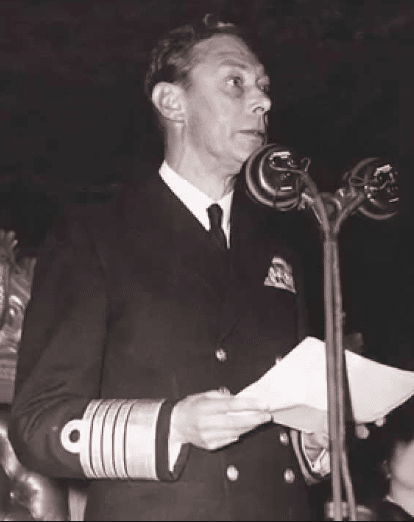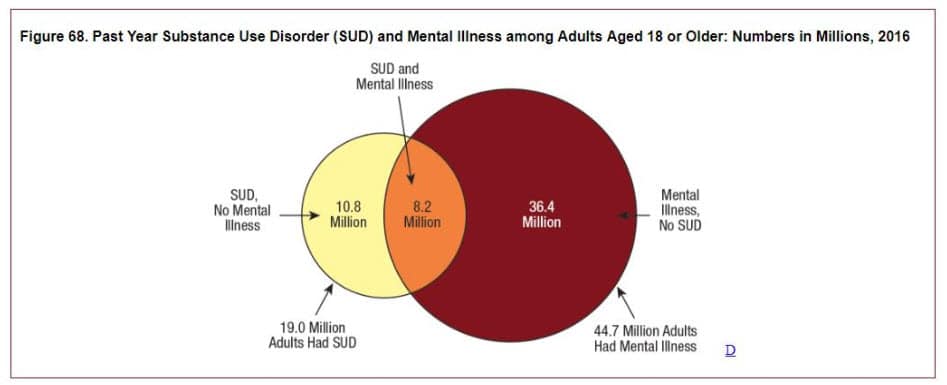Guest Blogger and long-time Council friend, Bob W. presents Part 31 of a series dealing with Alcoholism and Addiction from a Mystical, Mythological Perspective, reflecting Bob’s scholarly work as a Ph.D. in mythological studies.
 The movie, The King’s Speech, with Colin Firth and Geoffrey Rush, is about King George VI who, despite a terrible speech impediment, must conquer his affliction and rise up to lead England in its critical opposition to Germany in the years up to the beginning of WWII. It is a stirring portrayal of the courage of a leader and his people in one of the ugliest times in human history. This period has always held a fascination for me, having been born in its early years, because it required so much courage of everyone, so much energy in the face of enormous terrors for everyone, leaders and citizens alike.
The movie, The King’s Speech, with Colin Firth and Geoffrey Rush, is about King George VI who, despite a terrible speech impediment, must conquer his affliction and rise up to lead England in its critical opposition to Germany in the years up to the beginning of WWII. It is a stirring portrayal of the courage of a leader and his people in one of the ugliest times in human history. This period has always held a fascination for me, having been born in its early years, because it required so much courage of everyone, so much energy in the face of enormous terrors for everyone, leaders and citizens alike.
But it also occurs to me that, in our struggles to initiate and maintain a life of sobriety, sobriety from the substances and behavior of addiction as well as a psychical sobriety from the behavior patterns that attended our addictions, we mirror just this kind of courage. For each and every one of us, our lives in the throes of addiction were just as fearsome and dangerous to our individual lives and those around us as was the scourge of Nazism and Fascism of Germany, Italy, and Imperial Japan…and then Communist Russia and China…to the multitudinous communities of the free world in the 1930’s, 40’s and 50’s.
Looking at this from the same perspective, each of us, enslaved in the throes of addictive consumptions and behaviors, had to summon incredible individual fortitude to step through the Gates of Recovery and pursue a better life. It required a courage and resolve that mirrored that for those who landed in the surf of Omaha Beach in the Normandy invasion of June 1944.
Achieving a semblance of Sobriety, and a life in the Fellowships we all enjoy in our sober lives, provide an incredible sense of joy and achievement, despite the work necessary to maintain a safe haven from addiction. It is a sense of joy that mirrors that felt by the entire free world when the ultimate defeats of German, Italy and Japan were achieved in 1945.

